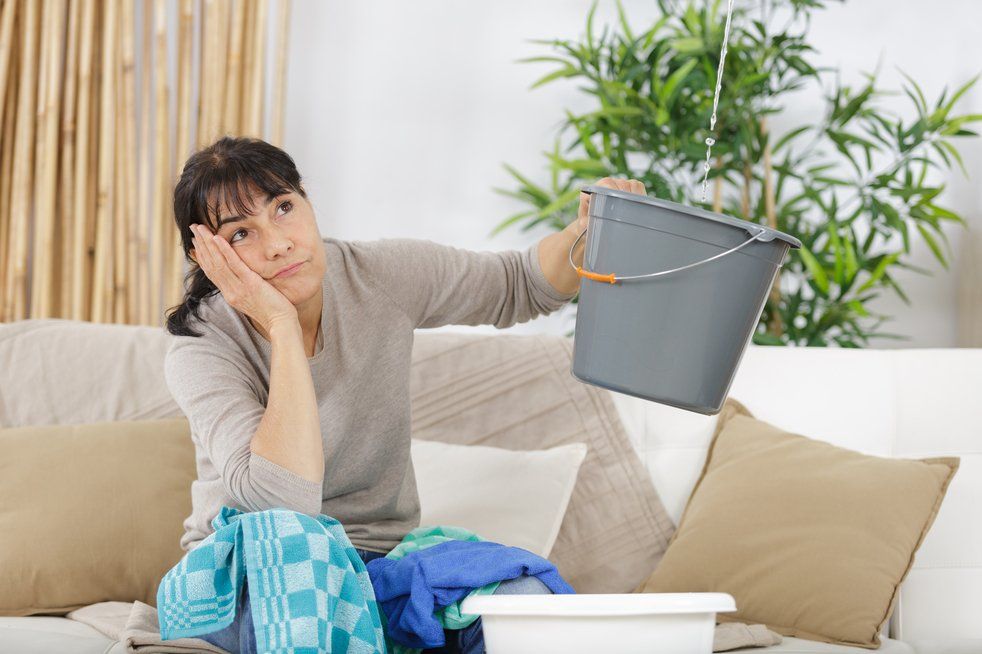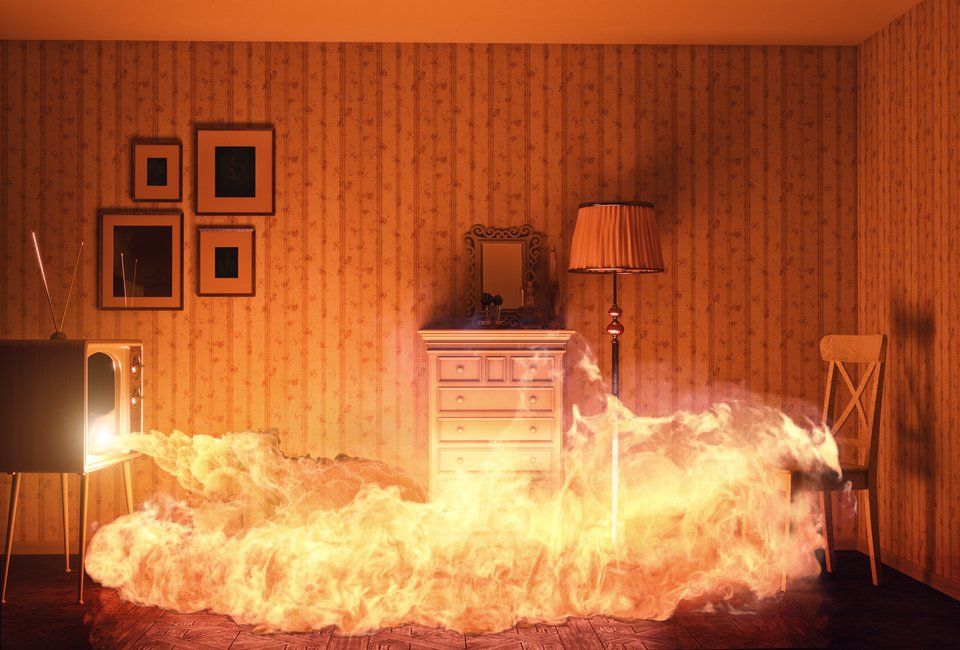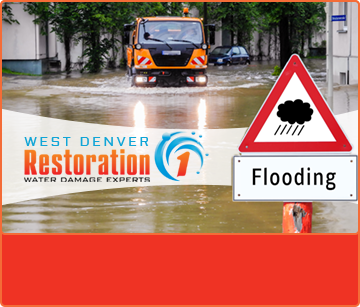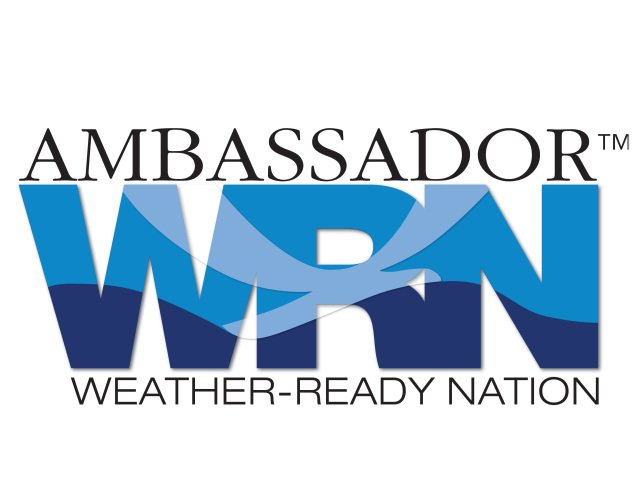Blog - Restoration 1 of West Denver
CONTACT US TODAY
Water Damage Can Happen Fast
- By Micah Jefferson
- •
- 11 Sep, 2021
- •
Water damage often starts innocently but leads to disaster quickly.

Ever wonder why it’s recommended that you turn your water off when you leave for vacation? You might be saying to yourself, “Geez, I’m only going to be gone for a long weekend, I don’t think I really need to turn off the water.” Think again. Water damage is something we see often. And most of the time, it starts innocently enough – a leaky faucet, a toilet that seems to drip a bit, an ice maker with a leaking pipeline – these are all frequent homeowner headaches that can cause quite a bit of damage.
How Quickly Water Damage Progresses. Even the smallest leak can cause big problems. One recent customer headed to the beach for a week, only to discover that a leaky toilet upstairs caused extensive damage to his drywall, furniture and floors. The damage was so bad, they have to move out for a while as repairs are made. As water spreads through a house it can cause damage to belongings – books, pictures on the wall, furnishings, floors, rugs – even paint and wall paper! If your roof has a leak, you can come home to insulation and even structural damage.
You Home and Mold. Even within the first week of water damage, mold can spread quickly and become hazardous for occupants. By the second week, the amount of water damage can increase significanthly, further increasing mold damage and structural damage.
Lessons Learned? Unfortunately, our clients sometimes learn the hard way. But there are things you can do to prevent water damage while you gone, or even as you live on a daily basis. Here are some tips.
1. As our weather turns cooler, make sure you disconnect hoses. Unless you have a collapsible hose that prevents standing water within the hose, an ice block in your hose can stop water flow, backing up that water and causing the pipes to burst.
2. Check your gutters. Make sure to clear them of all debris. Standing water can cause damage to the gutters and roof, resulting in damage to the house and even the foundation.
3. Do you know the location of your water main? This is what you should shut off before leaving on vacation – even if it’s for a short period of time.
4. Pay attention to the trees and shrubs around your house. Roots can wrap around pipes and cause severe damage. Be sure to take care of any landscaping that is close to utility pipes.
5. Check your appliances often. If you come into the kitchen and there’s water on the floor, find the source. Even if it’s a small amount, water that leaks from an appliance can cause severe damage over time. Consider replacing washing machine hoses. If your appliance is fairly old, the hoses that connect to the washer can break or crack, resulting in expensive damage and a big mess.
6. Consider water detection devises near problematic areas – such as sump pumps and water heaters.
7. Keep track of your water bill. An increase one month can signify a problem. If that happens, check faucets and toilets around the house. Even a frequently unused faucet can cause severe damage.
Help When You Need It. We hope this article helps you avoid water damage in your home or office. But if there is damage, the quick you can hire a professional team to clean up and restore your property, the better off you are. Ideally, water damage repair should start within 24 hours. We can help asses the level of water damage and determine the amount of work needed to make your home safe again. Please give Restoration 1 of West Denver a call at 720-605-2994 or visit our website for more information on Restoration1 of West Denver and our water damage experts.

It’s that time of the year again – the weather turns cooler, especially at night, and we turn on our furnaces, add a space heater to the room, introduce extension cords and light our fireplaces. The truth is, there are numerous dangers in both the home and office settings that are initiated by cooler weather. What may seem innocent, could turn disastrous. Take a few minutes to act on these simple things you can do to avoid disasters – and rest more easily.
Problems With Furnaces. It’s been a while since the furnace has been operating consistently. Take the time to go through this checklist.
- Replace or clean your furnace filter. A new filter makes your furnace operate more efficiently, so replacing them even more often than recommended can’t hurt, and may save you money in the long run.
- Take some time to physically inspect your furnace. While furnaces are usually stored in out of the way places – closets, basements, or attics – these are also places where homeowners and business owners might store flammable items. So look carefully and make sure any paints or paint thinners, gasolines or even rags are not near your furnace.
- Schedule your Fall maintenance check. Your furnace should be cleaned and inspected every year. This is especially true if you have an older furnace. While newer furnaces are sometimes equipped with automatic shut off features if a problem is detected, your older furnace requires a physical inspection.
Space Heaters. Many families turn to space heaters as supplemental sources of heat. A few things that you should keep in mind:
- Make sure the outlet you are using to power the space heater is equipped to handle the appliance.
- Be sure to place the heater at least 3 feet from furniture, draperies and bedding.
- If you have pets or small children, do not leave a room without turning the heater off.
Smoke Detectors and Carbon Monoxide Monitors. We put both of these in the same category as they should be treated equally. Place carbon monoxide monitors and smoke detectors on every floor of your home or office. CO2 detectors are inexpensive and no installation is necessary. If there is a CO2 leak, which you will not smell since it is odorless, the detector will sound an alarm. Every furnace produces CO2, but a properly functioning furnace will safely exhaust it from your home. One quick reminder, some of the newer smoke alarms also function as carbon monoxide detectors, so you might want to find the paperwork on your alarms before purchasing separate carbon monoxide detectors.
Test your Fire and Smoke Detectors. The reminder comes to us every year around the time we are changing from Daylight Savings Time. But often, people forget. So consider this your second reminder.
Cooking Fires. Almost 25% of home fires are caused by cooking fires. It’s easy to turn on a burner and then get distracted. Be sure to keep any towels or drapes away from hot burners. Never leave something on the stove – the grease in an unattended frying pan can catch on fire easily. Turning the heat too high when you start to cook is also dangerous. You may be in a hurry, but smoke or grease can accumulate fast when you are frying or sauteing.
Fireplace Safety. If you have a log-burning fireplace, be sure to have the chimney swept every year. Soot and debris can collect in the chimney and become a fire hazard. Remind everyone to keep blankets, curtains, rugs and toys away from the fire. And never leave children or pets unattended around a fireplace.
Electrical Fires. Overloaded extension cords can be the biggest problem. Bad connections and faulty wiring can trigger a fire that can be lethal. Ten percent of home firms result from electrical equipment failures.
An Abundance Of Paper . Needless to say, paper is a huge contributor to both home and office fires. How you store your paperwork makes a difference. Be careful not to overload closets and garage spaces. And if you are around people who tend to keep paper in large quantities, consider hiring an expert who can help with decluttering.
The U.S. Fire Administration posts seasonal tips on preventing fires in home and offices. Reference their website occasionally to make sure you, your family and co-workers are safe.
One More Tip. Home Automation is an amazing industry right now. If you’ve had an alarm installed recently, you know how you can set controls using your smart phone. The same is true for protecting your safety. You can now get devices or phone apps that synch with your lights and/or locks to turn them on or off, call the fire department or unlock your front door for easy escape. Call your local Home Automation expert for more information.
Recent Blog Posts

It’s that time of the year again – the weather turns cooler, especially at night, and we turn on our furnaces, add a space heater to the room, introduce extension cords and light our fireplaces. The truth is, there are numerous dangers in both the home and office settings that are initiated by cooler weather. What may seem innocent, could turn disastrous. Take a few minutes to act on these simple things you can do to avoid disasters – and rest more easily.
Problems With Furnaces. It’s been a while since the furnace has been operating consistently. Take the time to go through this checklist.
- Replace or clean your furnace filter. A new filter makes your furnace operate more efficiently, so replacing them even more often than recommended can’t hurt, and may save you money in the long run.
- Take some time to physically inspect your furnace. While furnaces are usually stored in out of the way places – closets, basements, or attics – these are also places where homeowners and business owners might store flammable items. So look carefully and make sure any paints or paint thinners, gasolines or even rags are not near your furnace.
- Schedule your Fall maintenance check. Your furnace should be cleaned and inspected every year. This is especially true if you have an older furnace. While newer furnaces are sometimes equipped with automatic shut off features if a problem is detected, your older furnace requires a physical inspection.
Space Heaters. Many families turn to space heaters as supplemental sources of heat. A few things that you should keep in mind:
- Make sure the outlet you are using to power the space heater is equipped to handle the appliance.
- Be sure to place the heater at least 3 feet from furniture, draperies and bedding.
- If you have pets or small children, do not leave a room without turning the heater off.
Smoke Detectors and Carbon Monoxide Monitors. We put both of these in the same category as they should be treated equally. Place carbon monoxide monitors and smoke detectors on every floor of your home or office. CO2 detectors are inexpensive and no installation is necessary. If there is a CO2 leak, which you will not smell since it is odorless, the detector will sound an alarm. Every furnace produces CO2, but a properly functioning furnace will safely exhaust it from your home. One quick reminder, some of the newer smoke alarms also function as carbon monoxide detectors, so you might want to find the paperwork on your alarms before purchasing separate carbon monoxide detectors.
Test your Fire and Smoke Detectors. The reminder comes to us every year around the time we are changing from Daylight Savings Time. But often, people forget. So consider this your second reminder.
Cooking Fires. Almost 25% of home fires are caused by cooking fires. It’s easy to turn on a burner and then get distracted. Be sure to keep any towels or drapes away from hot burners. Never leave something on the stove – the grease in an unattended frying pan can catch on fire easily. Turning the heat too high when you start to cook is also dangerous. You may be in a hurry, but smoke or grease can accumulate fast when you are frying or sauteing.
Fireplace Safety. If you have a log-burning fireplace, be sure to have the chimney swept every year. Soot and debris can collect in the chimney and become a fire hazard. Remind everyone to keep blankets, curtains, rugs and toys away from the fire. And never leave children or pets unattended around a fireplace.
Electrical Fires. Overloaded extension cords can be the biggest problem. Bad connections and faulty wiring can trigger a fire that can be lethal. Ten percent of home firms result from electrical equipment failures.
An Abundance Of Paper . Needless to say, paper is a huge contributor to both home and office fires. How you store your paperwork makes a difference. Be careful not to overload closets and garage spaces. And if you are around people who tend to keep paper in large quantities, consider hiring an expert who can help with decluttering.
The U.S. Fire Administration posts seasonal tips on preventing fires in home and offices. Reference their website occasionally to make sure you, your family and co-workers are safe.
One More Tip. Home Automation is an amazing industry right now. If you’ve had an alarm installed recently, you know how you can set controls using your smart phone. The same is true for protecting your safety. You can now get devices or phone apps that synch with your lights and/or locks to turn them on or off, call the fire department or unlock your front door for easy escape. Call your local Home Automation expert for more information.
Property Restoration Experts in Golden, CO - Arvada, CO - Lakewood, CO & Littleton, CO - Evergreen, CO and the Surrounding Areas
We’re your Friend in any Storm.
Property Restoration Experts in Denver, CO - Golden, CO - Arvada, CO - Lakewood, CO & Littleton, CO - Evergreen, CO - Summit County and the Surrounding Areas
Restoration 1 of West Denver © All rights reserved.
Sitemap

















